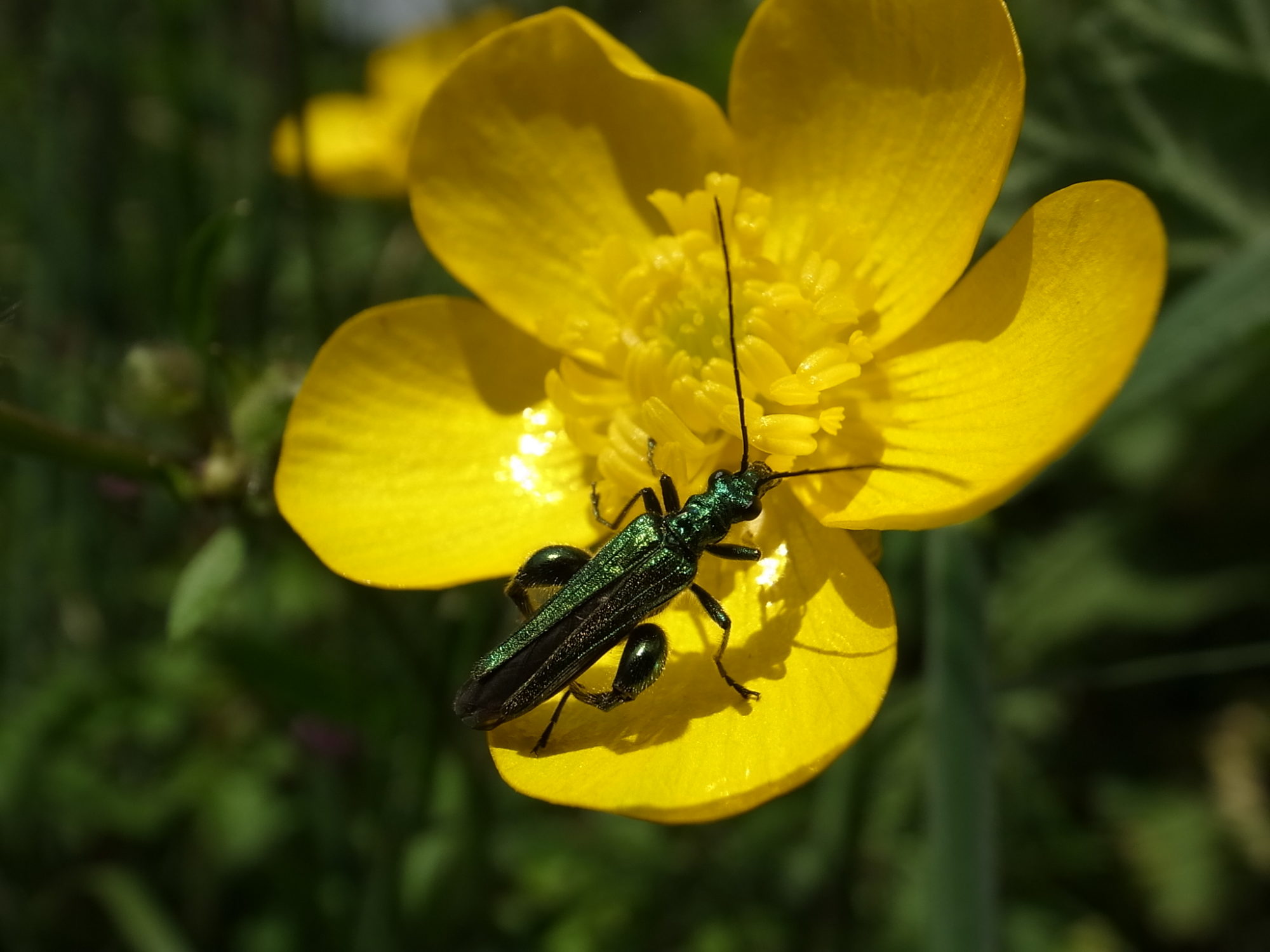Conservation comes in many forms – from parkland to farmland to moorland and, marshland forestland – a COP15 update.
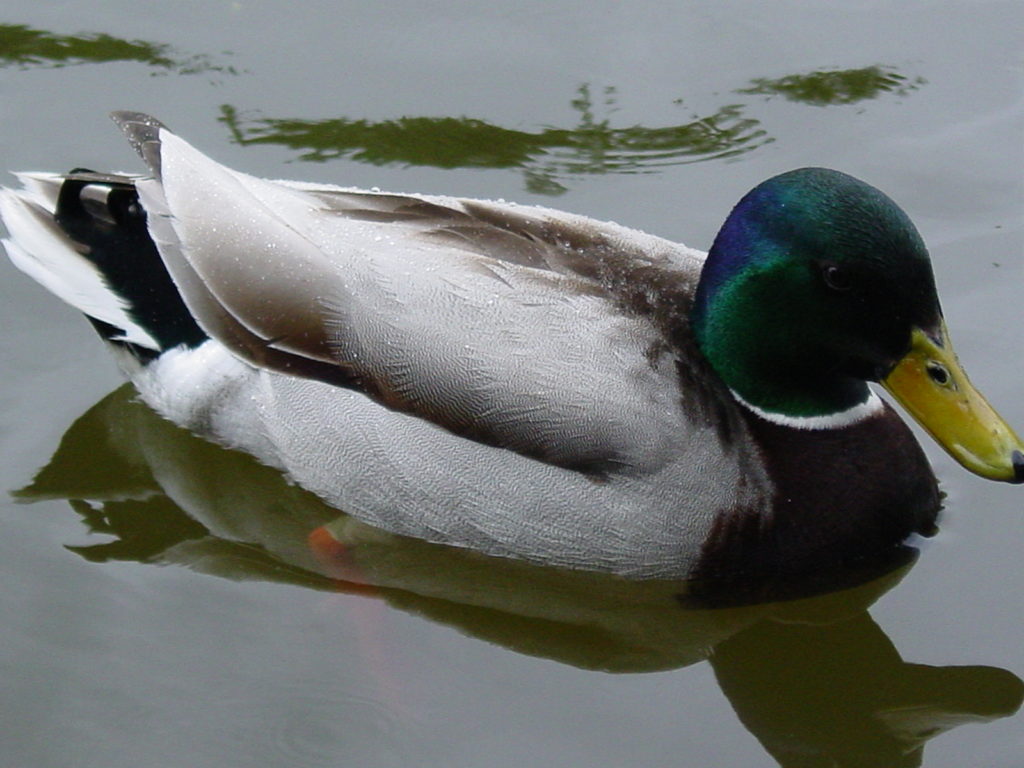
“To present a balanced picture of my philosophy as a naturalist, I must attempt to turn you into a fanatical wildfowler”
Peter Scott (from his autobiography ‘The Eye of the Wind’)
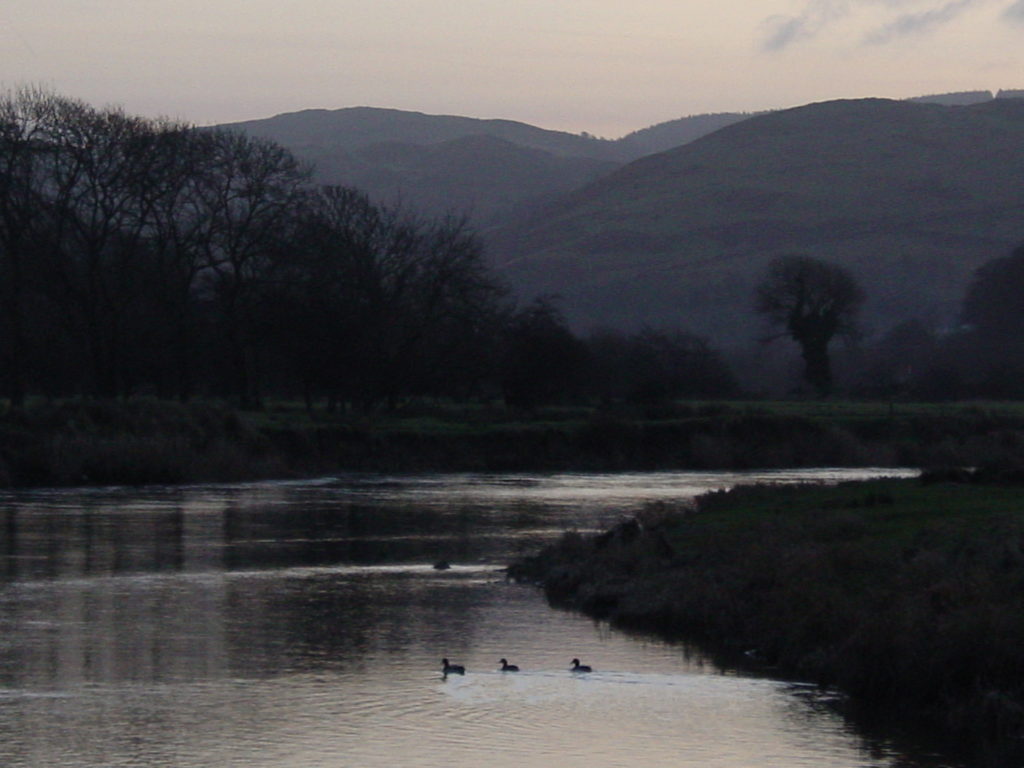
Cop15 targets
The environment is rising up the public agenda. Often on the tailwind of climate environmentalism, biodiversity is increasingly entering everyday narratives. After COP27, many lamented the lack of media coverage of COP15 on the Convention of Biological Diversity. Perhaps no wonder when there’s no one easy ‘1.5degree’ headline, but a list of 23 targets some of which have been distilled into a ’30×30′ soundbite (please read detail of Targets 2 and 3 – as it’s way more than ‘protected’ areas).
Achieving them is made more tortuous when picture editors, even at the UN Environment Programme, fail to demonstrate the difference between exploitation [unsustainable] and harvesting [sustainable] of natural resources while reports focus on high impact headlines.

This blog is about what has not generally been reported on from the COP target list, but may be of great interest in restoring biodiversity on a resilient long-term basis.
Forgotten cop targets
Did anyone see any reports on Target 4 (manage to minimise human-wildlife conflict), Target 5 (harvest and trade of wild species), Target 6 (invasive species), Target 9 (management and use of wild species), Target 10 (agriculture – see para below) or Target 12 (conservation and sustainable use of biodiversity)? That is because conserving wildlife is mainly about understanding people. The more we understand the latter, the more we can save the former.
Target 9 – local community species


There is a blend of ‘top-down’ precautionary-based ‘protect nature‘ mantras alongside ‘bottom-up’ pragmatic-based ‘conserve nature‘ objectives. With a warning that UN headlines may be misreported in order to gain audience share.
Ducks unlimited
Historically wetlands have been drained for numerous reasons; for farmland, for upland land management, for space for cities (The Hague). Wetlands are now vital for many reasons. For carbon storage, flood alleviation, wildlife habitat, for cultural ecosystem services (such as birdwatching, duck hunting etc). The US government is drafting new wetland legislation as US hunters continue to conserve marshy ecosystems. The same is happening here in the UK
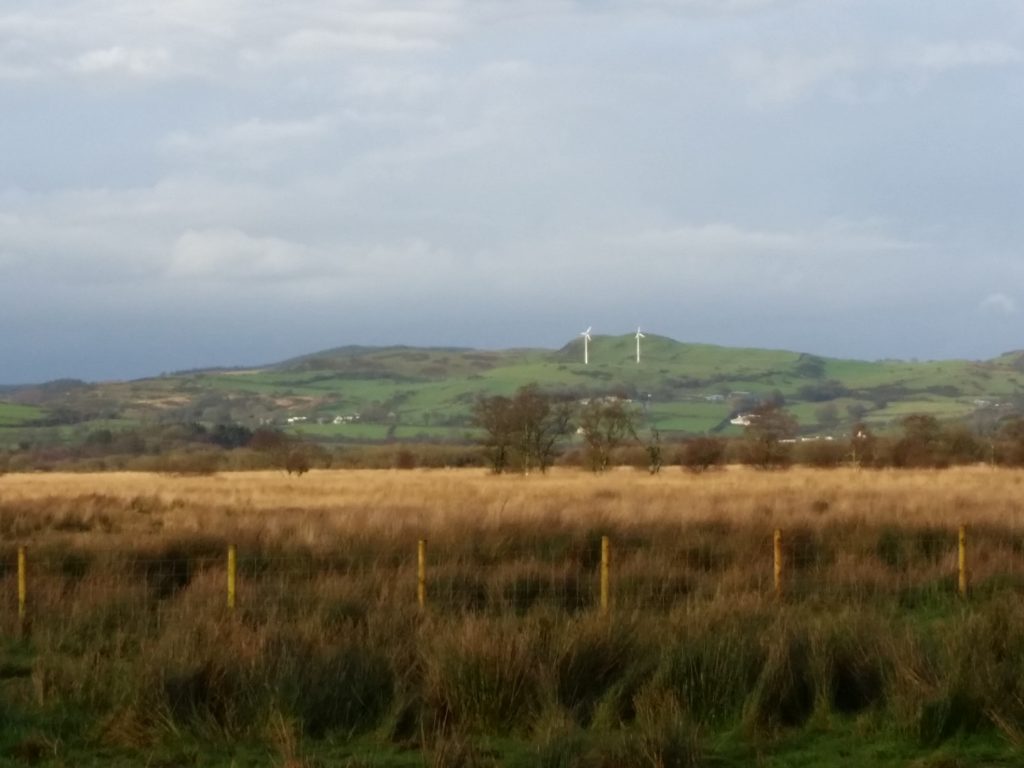
“It was also very good to learn about the cooperation and common cause that exists between Natural England and wildfowlers there. I hope this example of good practice is something that we might replicate across the country as we go forward.”
Tony Juniper – Chair of Natural England
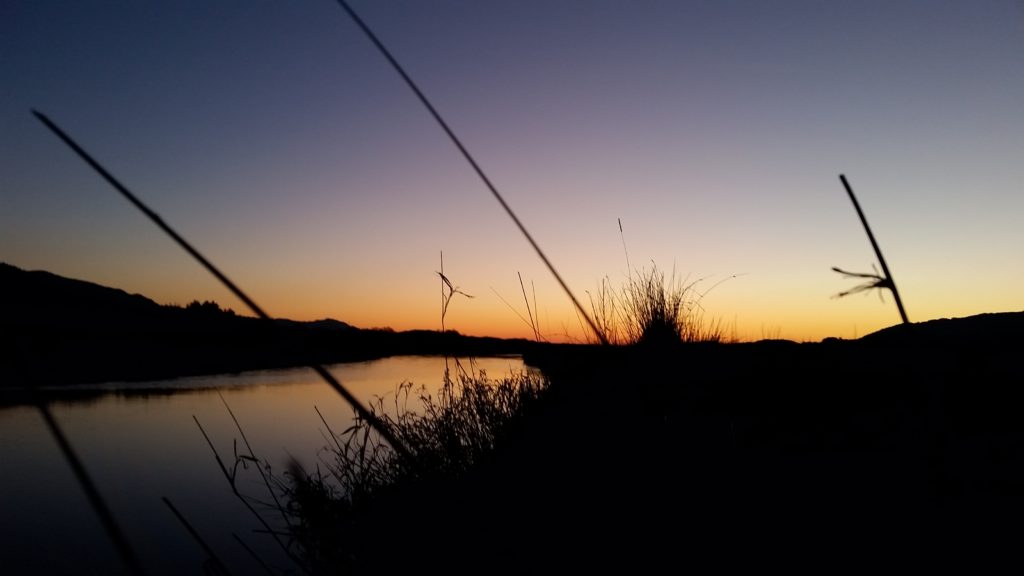
Collective thinking
Without collaboration between those holding different values, things will be much harder to achieve in the common purpose. This requires huge bipartisan support across tribal and ideological lines.
“Never tell people how to do things. Tell them what to do and they will surprise you with their ingenuity” George Patton
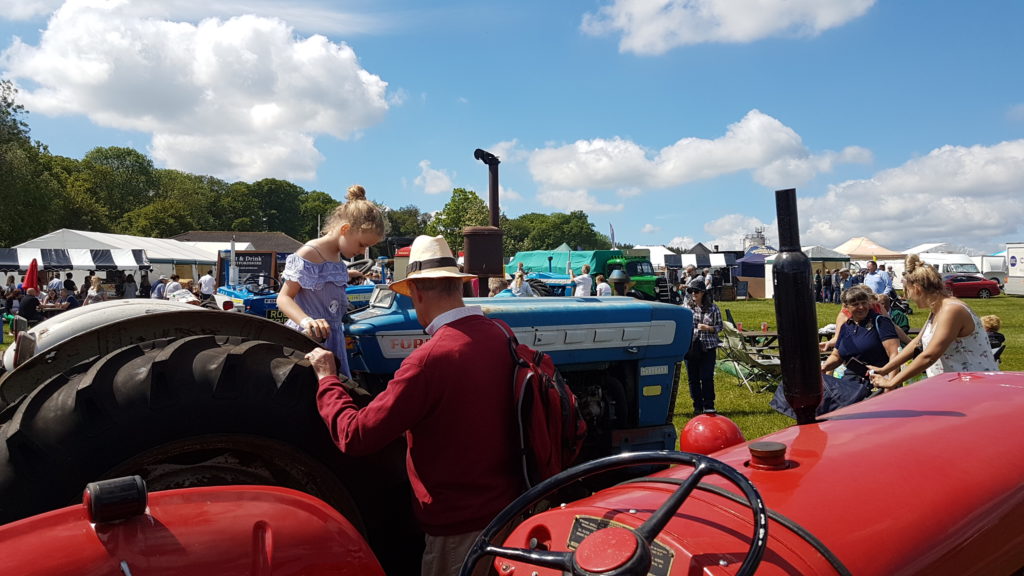
Apply this ethos to the COP 15 Target 10 on agriculture: “biodiversity friendly practices, such as sustainable intensification, agroecological and other innovative approaches…” (see whole para below) and we can start to utilise various tools on delivering a whole range of Environmental Land Management schemes. Including employing farm innovation grants in all their guises for farmers to restore ‘ghost ponds’ on farmland, wildfowlers protect marshland from pollution and foresters plant alder trees in wet areas.
Target 10 – agri tools

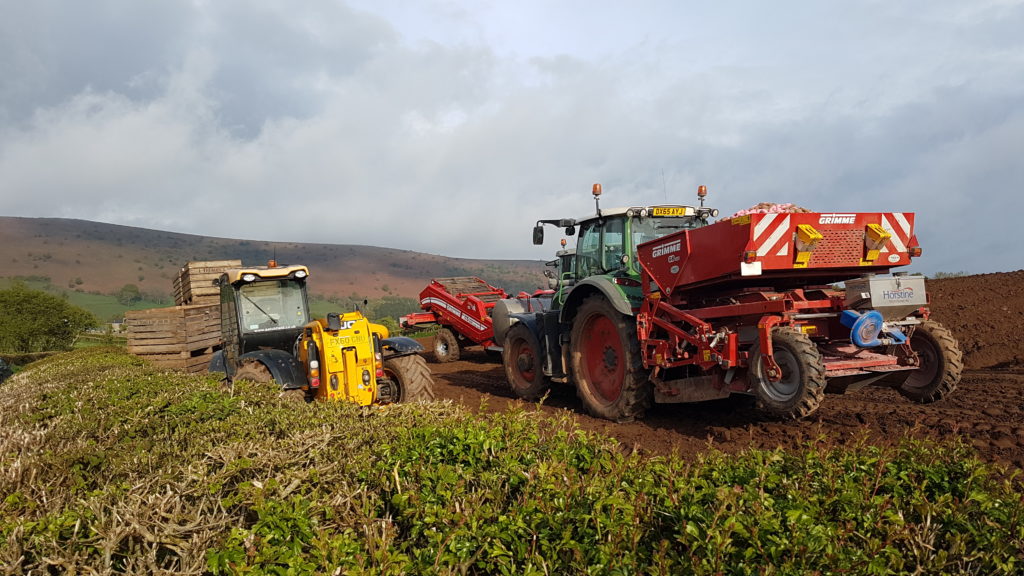
Marsh mantras
So here’s to more ducks and less dogma in effectively conservation managing more land for better outcomes.
[warning: this adaptively managed blog is prone to unpredictable updates at any time, Oct 24]
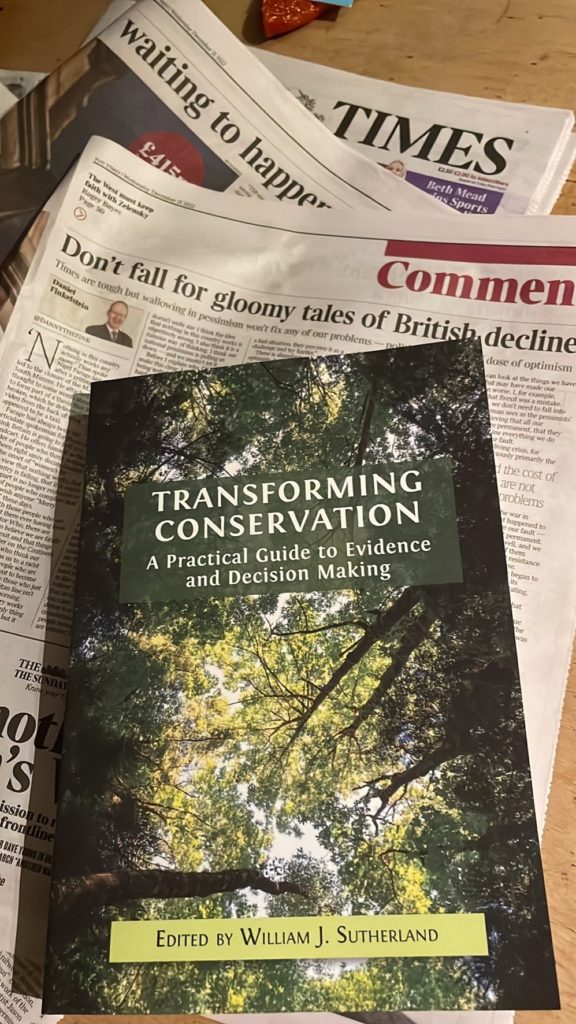
“It is better to debate a question without settling it than to settle a question without debating it”
Joseph Joubert
